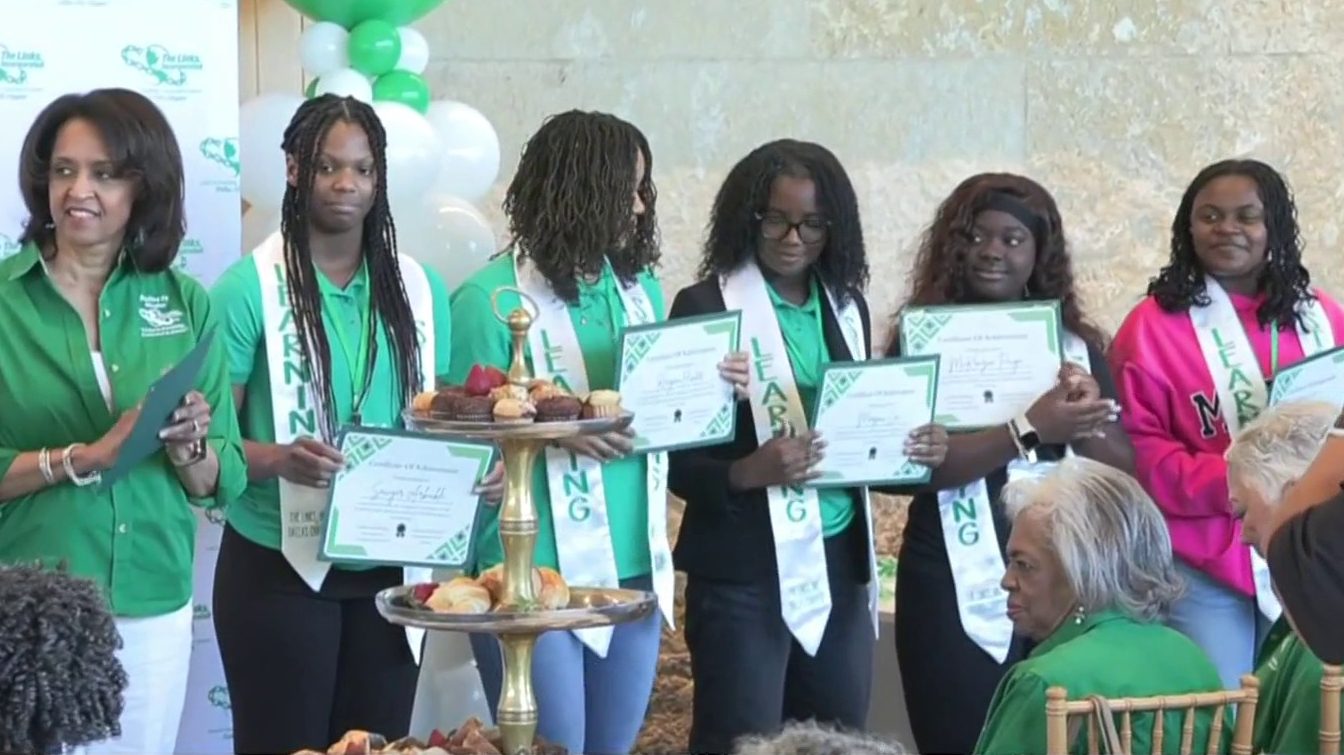Calls for medical help to Dallas 911 this summer may not get ambulance response in a new test to save ambulances for the most serious medical emergencies.
In June and July, fire engines staffed with paramedics and lifesaving equipment will be sent to more minor calls instead of automatically sending more highly equipped ambulances.
The Tiered Response plan has been discussed in Dallas for years but was delayed due to upgrades in the software that will guide call takers, the need for rigorous training of those call takers on the changing software and high turnover among those call takers.
"If we don't have a strong Q and A program, monitoring what the call takers are asking the person reporting the emergency, they may be short-cutting the questions," said Assistant Dallas Fire Rescue Chief Daniel Salazar.
Meanwhile, the need for better use of Dallas ambulances kept growing the past few years.
"Over the last 10 years or so, our volume has increased 35 percent yet the hours of ambulance service we've afforded our citizens is only up 12 percent. So, we need to do something to be sure that our responses overall don't take a hit," Salazar said.
Dallas EMS Medical Director Dr. Marshal Isaacs said 911 was designed 50 years ago to mainly respond to heart attacks, strokes and critical accidents. But it has grown for some callers to be a substitute for routine doctor visits and minor medical issues.
Local
The latest news from around North Texas.
"And what we know now, we need to get the right resource to the right patient in the right amount of time," Isaacs said. "If you don't have a life threatening emergency, they may not be coming in the future red lights and sirens."
Tiered response is new to Dallas but it is already in use in other big cities. If the fire engine first responders determine that ambulance transport is required, they can still call an ambulance.
"The software we're using has been in use across the United States by various fire departments and cities and has a high success rate," Isaacs said.
Medstar Ambulance in Tarrant County already has a tiered response that sometimes sends Lyft shared rides to take patients to a doctor instead of sending an ambulance.
Dallas is considering options like that, too. City officials have been talking with Parkland Hospital about sending 911 callers to Parkland clinics for medical appointments.
First, Dallas Fire Rescue will use the new software to reduce ambulance dispatches on a test basis in June and July. Permanent changes could be made based on the data collected in summer pilot program.
"I think this is a great idea, this pilot," said Council Member Casey Thomas.
Members of the Dallas City Council Public Safety Committee who heard the plan Monday were generally pleased with the effort to make better use of limited resources.



